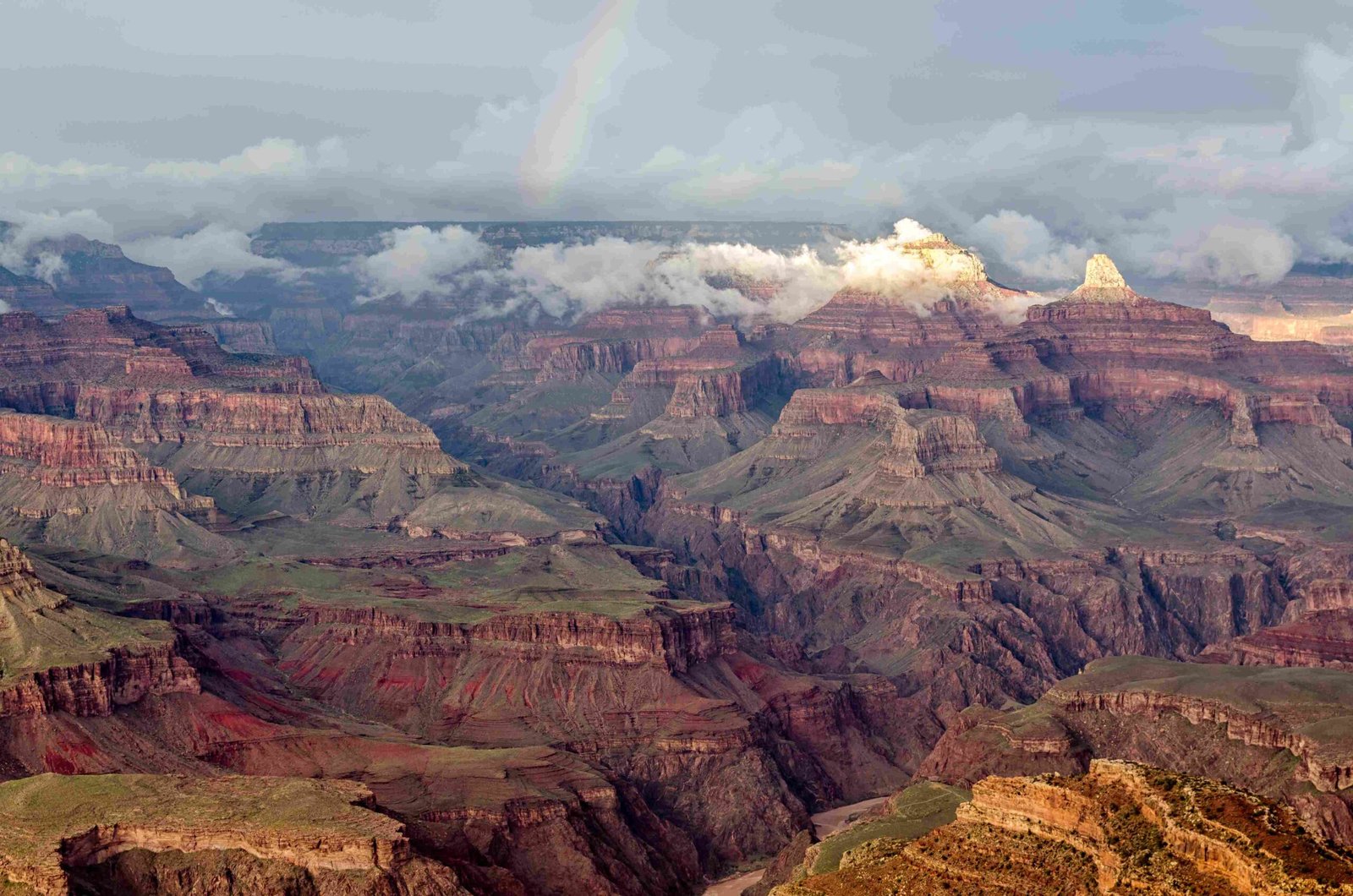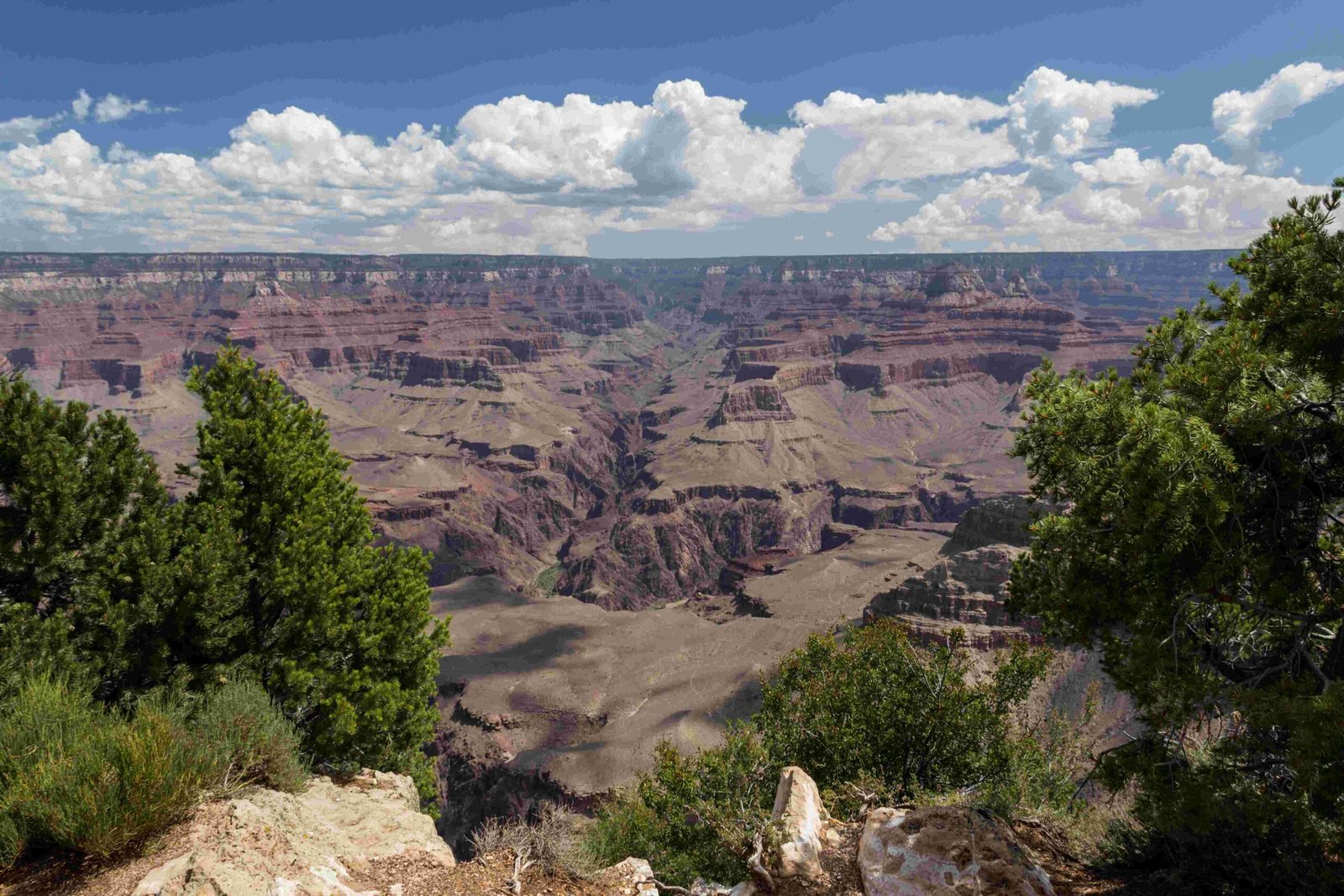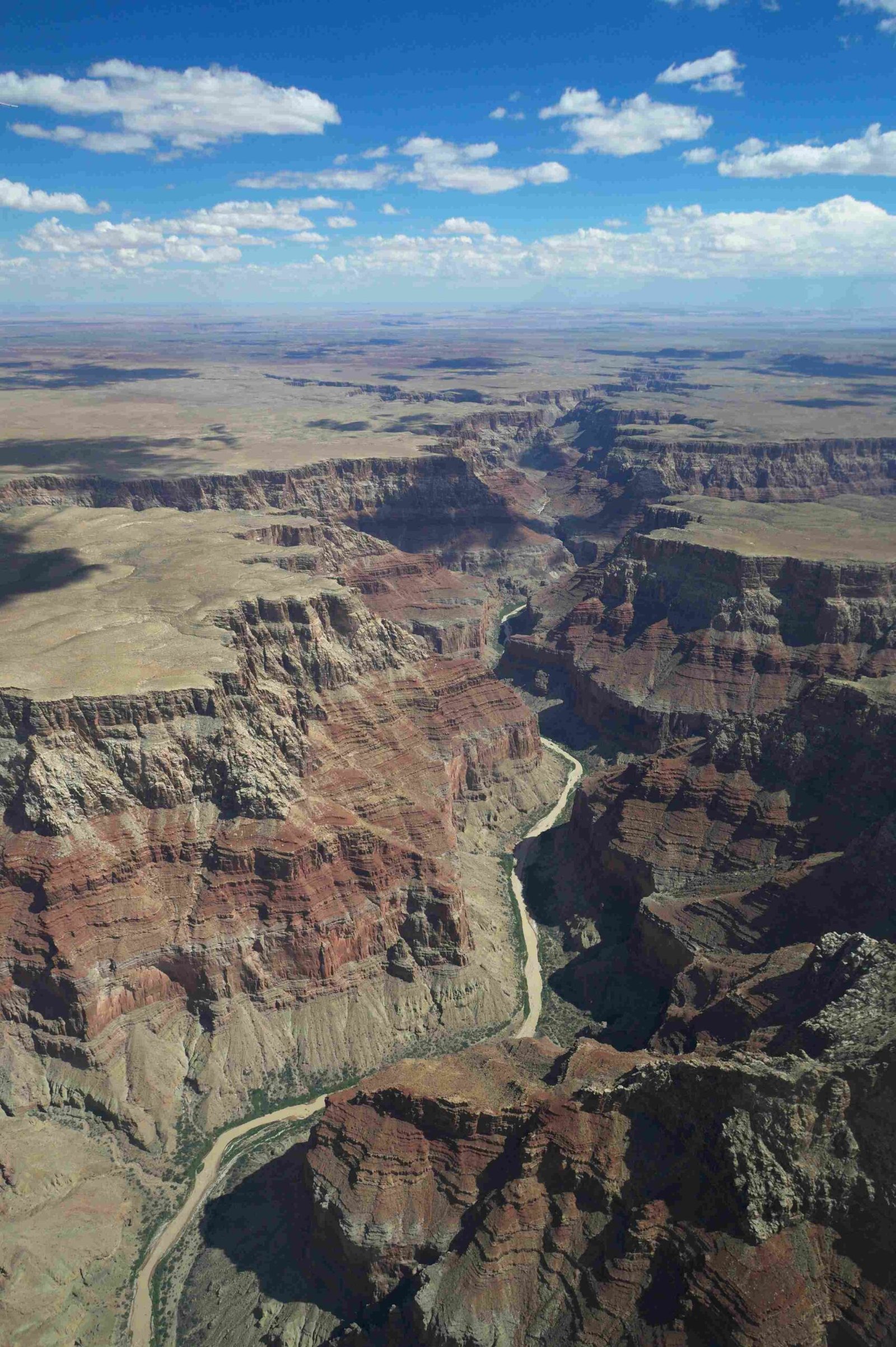The Grand Canyon Skywalk represents an extraordinary architectural achievement, suspended 4,000 feet above the canyon floor. This horseshoe-shaped glass bridge extends 70 feet from the canyon wall, offering visitors an unprecedented transparent walking experience with unobstructed panoramic views of one of the world’s most magnificent natural landscapes. Engineered with precision and designed to withstand extreme conditions, the Skywalk provides a thrilling and safe platform for experiencing the Grand Canyon’s breathtaking grandeur.
What Makes the Grand Canyon Skywalk Unique?

How Is the Skywalk Engineered?
The Skywalk’s engineering is a testament to human innovation and architectural brilliance. Key structural details include:
- Support Structure:
- Two parallel U-shaped steel box beams
- Each beam 6 feet deep and 32 inches wide
-
Anchored 45 feet deep into limestone bedrock
-
Material Composition:
- 1.2 million pounds of steel
- Low-iron glass deck with four glass layers
- Total walkway width: 10 feet
- Glass wall height: 4.5 feet
| Engineering Specification | Details |
|---|---|
| Glass Thickness | 2.5 inches |
| Walkway Extension | 70 feet |
| Depth of Bedrock Anchoring | 45 feet |
What Is the Historical Background?
The Skywalk emerged from visionary entrepreneur David Jin’s concept in 1996. After extensive planning and collaboration with engineering firms like Lochsa Engineering and MRJ Architects, construction began on October 6, 2004. The project cost approximately $30 million and took over four years to complete.
Where Can Visitors Experience the Skywalk?
Located at Grand Canyon West’s Eagle Point on the Hualapai Reservation, the Skywalk offers:
- Unobstructed canyon views
- Transparent glass floor experience
- Proximity to additional attractions like Guano Point
- Accessible parking facilities
- Multiple transportation options
What Safety Features Ensure Visitor Security?
The Skywalk incorporates multiple safety considerations:
- Thick, multi-layered glass construction
- Robust steel support structure
- Regular maintenance and structural inspections
- Weight capacity designed to accommodate multiple visitors
- Controlled visitor access and management
How Does the Skywalk Impact Visitor Experience?
Visitors can expect a transformative experience characterized by:
- Panoramic 360-degree canyon views
- Thrilling transparent floor sensation
- Photographic opportunities
- Educational insights into geological formations
- Memorable adventure at high altitude
Practical Visitor Information

Ticket and Access Details
- Operating Hours: 7:00 AM to 7:00 PM (seasonal variations)
- Ticket Purchasing: Online and on-site options
- Recommended Visiting Times: Early morning or late afternoon
- Accessibility: Suitable for walking-age visitors
Recommended Preparation
- Wear comfortable walking shoes
- Bring camera and water
- Check current ticket prices online
- Consider guided tour packages
- Dress in layers for temperature variations
Final Observations
The Grand Canyon Skywalk transcends traditional tourist experiences, offering an unprecedented perspective on one of nature’s most magnificent landscapes. Its combination of engineering excellence, architectural innovation, and breathtaking design makes it a must-visit destination for adventure seekers and nature enthusiasts.

